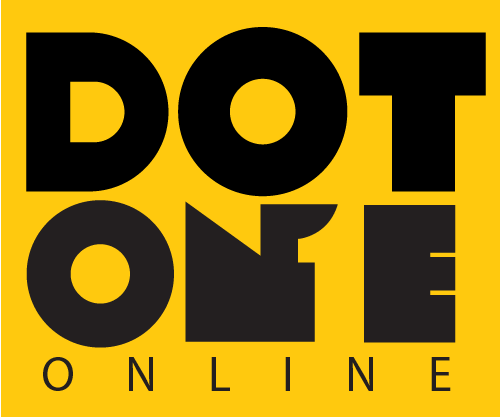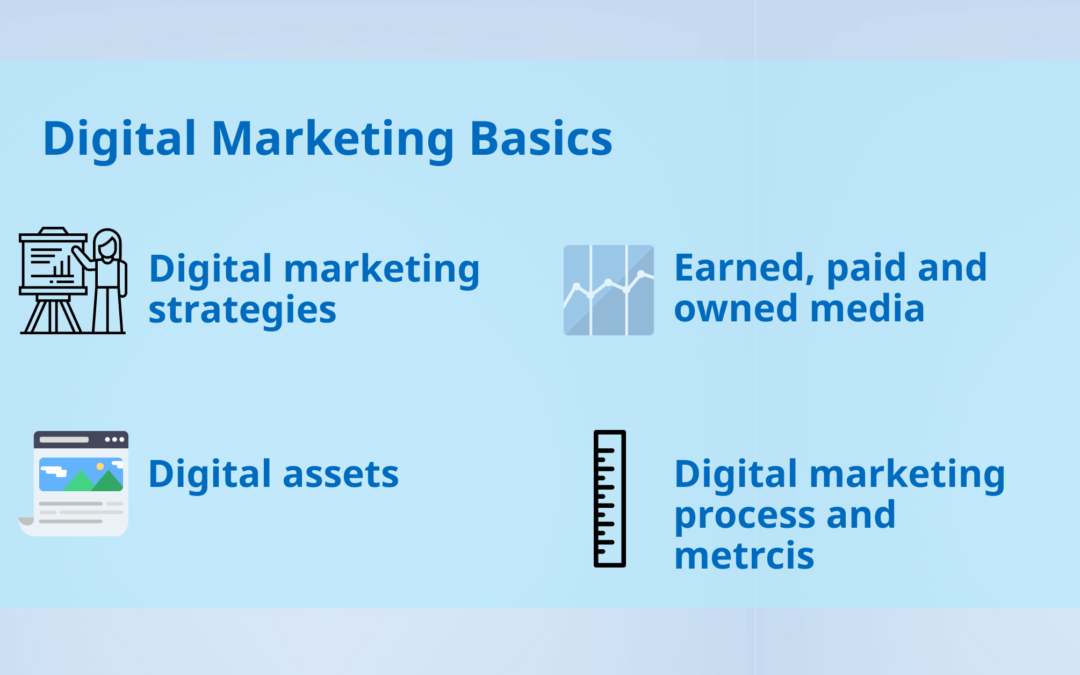You have carefully weighed out your options and now decided to take your business online or want to start your business online. Great ! But it is normal to feel confused at the hundreds of concepts and jargons, metrics, platforms, tools and strategic options. When a company is using digital marketing, what are they typically doing ? It would ideally have a website or an e-commerce site, social media pages, blogs, sometimes paid advertisement, might be using a marketing automation
It is great to acquaint yourself with the ideas and concepts, let’s demystify Digital marketing.
Digital marketing, online marketing, internet marketing etc. are they all the same ?
They are often used exchangeably. There are slight differences between them. Digital marketing is the most holistic idea, simply put it is marketing through any electronic device.
Digital Marketing Assets
Website
Social Media Pages
Official Email Accounts
Marketplace accounts
Apps made by the business
Any online tool like calculator, comparison tools etc,
All branded content like logos and icons
Videos and images
Text content like Blogs, newsletters
Some of the digital marketing strategies commonly implemented
A Website or E-commerce site is usually the starting point of any digital marketing strategy. It is considered a home base or a hub for launching a business online. The website is the basic point of interaction, a place to showcase your product and / or services and expertise, sometimes financial transactions happen through the website.
Most of your other marketing strategies are aimed at driving traffic to the hub – the website or to landing pages
Search engine marketing ( SEM) combines two strategies – Search Engine Optimisation (SEO) and paid search Adwords/PPC. SEO deals with optimising web pages for best possible ranking in organic searches. PPC/ Adwords is paid search. Website is not the only digital asset to be optimised. In an integrated strategy, all forms of digital communication should be optimised. Small businesses can leverage tactics like Local Search/ Local SEO to get faster and higher numbers of leads/sales/ in-store traffic.
Social media marketing Optimised pages in selected platforms, planning and sharing content regularly, paid advertising etc. can build an online community of fans or followers in different social media platforms. The goal of most social media marketing strategies range from driving traffic to websites, generating leads, awareness, engagement, advocacy, PR, user generated content or any combination of these points. Some of the effective Social Media strategies are Paid Promotions, SEO, Banner Ads, Influencer Marketing, Live Streaming, Chatbots.
Email marketing There are several email marketing platforms now from free to flexible paid services, businesses can start with a small list of customers to stay regularly in touch with. The list grows with every new filled form, subscription or query or a sale. Segmentation of different types of customers based on marketing goals, buyer’s journey, sales cycle or demography can be done using CRM softwares. The next step is to customise messages for each of these segments, send mobile friendly well designed mails.
Marketing automation is technology that streamlines marketing activities. With an user friendly interface, you can integrate programs, automate repetitive tasks, plan and pre-schedule campaigns, use their tools for segmentation, analysis, monitoring and follow up. Simply put, it makes the work easier to manage, saves time, helps focus on lead nurturing and other marketing goals and improves efficiency.
Content marketing Content is almost anything that your business will publish or share online through websites, social media pages, blogs, emails – posts, images, tools, newsletters, infographics, memes, reviews, lists, case studies, testimonials, E-books, tips, apps, videos and much more. An effective content marketing strategy starts from understanding the customer, building buyer personas, aligning with buyer’s journey and intended outcome, selecting the right channel and creating a content calendar, A/B testing and publishing content online. Content marketing is aimed at one of these outcomes – entertain, educate, persuade, convert.
Owned, paid and earned media
Owned media is a channel that you created and fully in control of. Like your website, blog and social media pages. Paid media is paid promotion – online advertisement in any of the channels – social media advertisement, display ads, adwords/ppc, video ads.
Earned media is media exposure earned through word of mouth, with either customers or press or peers in industry sharing your content.
In conclusion – the digital marketing process and metrics
A typical digital marketing process guide
- Collecting information about the target audience and having the information analysed.
-
Setting goals
-
Selecting Digital Marketing strategies, planning content, channels, timeline, success criteria.
-
Start with a website and move on to other channels.
-
Optimise content with SEO best practices, ensure mobile friendly websites.
-
Analyse – Measure important metrics like web traffic, traffic sources, trends, conversion, cost per lead, CRO, SEO metrics.
-
Monitor and update regularly.

